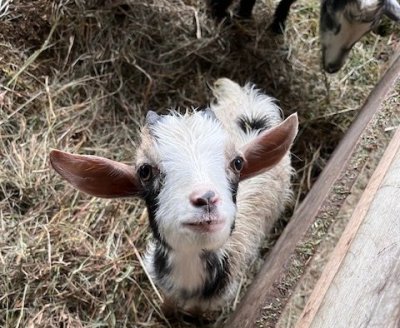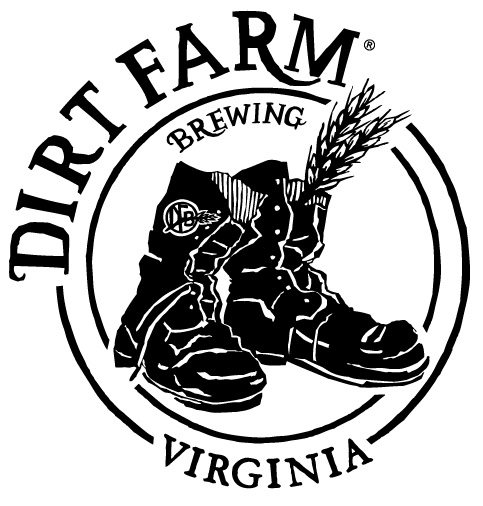Let’s get personal: my opposition to genetic modification of the world’s food supply is motivated more by political concerns than by concerns about health. Most GMOs are seeds which Monsanto […]
Are We Round-up Ready?
The other day my sister-in-law, who’s a nuclear physicist, overheard me talking to her daughter about the corn we grow at Great Country Farms. “Most of the corn in America […]



